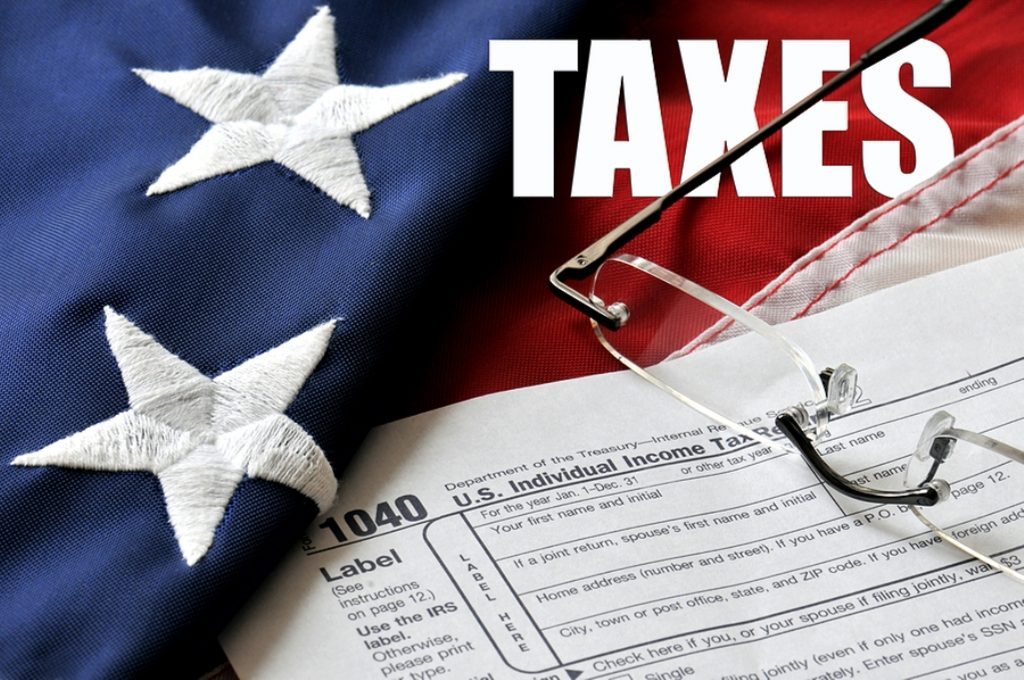Taxpayers can now pay taxes with cryptocurrency in the United States.

Taxpayers can now pay taxes with cryptocurrency in the United States. If the cryptocurrency market is on the rise and you owe taxes, you might be in luck. There are a few caveats, though.
For the moment, only businesses within the state of Ohio can pay taxes with cryptocurrency. That’s right, businesses can only pay Ohio state taxes, not federal taxes. Also, Ohio is only accepting Bitcoin. Other cryptocurrencies need not apply.
Ohio is the first state within the United States to start officially accepting cryptocurrency as a tax payment option. Other states such as Arizona, Georgia, Utah, and New Hampshire have attempted to pass laws accepting cryptocurrencies, but all have failed.
All federal tax payments made within Ohio are submitted through Bitpay. Bitpay is one of the larger brokerages handling crypto payments which convert crypto currencies to traditional fiat, government-backed currency.
Of course, paying taxes with bitcoin could also have severe impacts on taxpayers. Since the Ohio state government depends on Bitpay for financial transactions, that could potentially add another layer of insecurity to Ohio’s tax payment system. If Bitpay suffers a breach in security, that could cause major financial issues for Ohio, Bitpay, and taxpayers. It’s not clear whether taxpayers would still be on the hook for tax payments if a customer’s Bitcoin wallet was stolen during tax season.
Likewise, it’s not clear how the fluctuations of the Bitcoin market would affect payments. If a single Bitcoin is worth $10,000 today and $8,000 tomorrow, how will that affect payments? The Bitcoin ledger has become so large and cumbersome that a single transaction can easily take hours to process. How will that work?
That’s not the only drawback. In 2014 the IRS declared that cryptocurrency is now considered property. Unlike most property which steadily depreciates, or gains value, at a predictable rate, cryptocurrencies are in wild flux. There doesn’t appear to be guidelines on how to handle this situation.
For example, since Bitcoin is now considered property, paying in Bitcoin could in itself mean taxpayers are paying more taxes. If someone purchased a Bitcoin at $2000, and at the time of payment that Bitcoin is worth $8000, that means taxes are owed on $6000 worth of income. It’s not clear either whether this would be considered a long-term capital gain which could at least alleviate some of the pain of owing those extra taxes.
If a business utilizes contractors, that could potentially be another headache. Businesses can’t mark Bitcoin as payment on a 1099 form. Instead, the dollar value of that Bitcoin has to be marked instead, but then we circle back to the issue above where the Bitcoin market is in constant flux. Will contractors have to pay taxes on returns, and can they claim depreciation value if Bitcoin drops in value? There are still many questions that need to be answered, but as Colorado led the way for the marijuana industry in the U.S., it looks like Ohio will be the pioneer for cryptocurrency.
![]()